|
Context
This year had the opportunity to teach touch rugby to prospective physical education teachers at Middle Tennessee State University. This class was part of an invasion games content class for physical education majors. There were 18 students (sophomores and juniors) in the class as well as two teachers (myself and the primary teacher). I also recruited some upperclassmen to help out. The class met twice a week for 80 minutes and we met for a total of four unerupted weeks (8 classes). Some of the students this was the first class in the program and many were getting to know each other. To that point, this was also the last unit in the 16-week class. In past years I have used the Sport Education model to teach volleyball, soccer, & cross-fit. I originally wanted to teach a soccer sport-ed season but my advisory (the primary in the class) encouraged me to do touch rugby. While I had never taught touch rugby in any form, I am glad my advisor encouraged me to learn this sport. While I wanted the students to learn the sport of touch rugby I also wanted them to experience the Sport Education model. The students take a curriculum class that covers the Sport Education model. However, sometimes learning about theory is hard to grasp, and giving them a concrete example I thought would be helpful. I will overview what I did to implement a touch rugby Sport Education model. I will present the rationale for decisions and provide changes I would do next time. I also collected student feedback and will present some common themes they liked and didn't. I also hope this serves as a resource for feature educators. Disclaimer: Every teaching situation is different. My biggest advice is to start slow. If I didn't have physical education majors I would have made different curricular choices. Please adapt to your teaching style and your students. Learning Touch Rugby and Sport Education To learn touch rugby I consulted the following resources.
With all this information I outlined my plan for the season. I will know review how I addressed the main aspects of the Sport Education model. While I outlined how long the unit and each season were going to be I left the room to make changes. Features of Touch Rugby Sport Education
Additional Resources
Students Responses/Reflections I asked the students to reflect back on their season. On a notecard and as a team identify one thing you would keep, one thing you would change, one thing you still have questions on. Keep
We also had a general conversation about the season. I went over how this looks like in schools and talked about different curriculum choices and asked for their feedback. Below are some of the common themes from that conversation.
Roles: In terms of what the students said I liked that there was a consensus that they liked the roles. I did talk about the value of rotating roles and have done that in other sport seasons. That might be a good way to have every student experience a role for the sake of the students learning more about the sport-ed model. Not sure If I would do that or not but I do think it is worth considering. I don't think I would have so many roles for the first time. I think I would do Coach, Captain, and Team Motivator. Opening ceremony: So I don't typically do an opening ceremony or make as big of a deal as I did for this unit. It seems like the students didn't enjoy it and I agree I might not have done it with them. IF this was the curriculum class I might go over it and show it to them but for college students, they struggled with buying into this. It could be worth doing during a second season once students know each other better and understand the model more. The judges recommended that points be awarded for how well teams presented themselves during the opening ceremony. Motivation/Affective Domain: Bonus points for whatever team mentioned the affective domain. Before this unit I felt that some student's attendance was poor; this unit felt like attendance was better by all members. Students whore their team colors fairly constantly. Students were talking bout this class outside of class "don't forget to bring our team color" or "our team poster is due tomorrow." There was a better concern about other classmates. After one team was deducted fair play points because of poor attuited and talking back to the referee a few members approached me after class. They realized how one person's action can affect the rest of their team and they took a better effort not only to be concerned about their behavior but the rest of their team. Most teams had a good festive spirit about them and would acknowledge other team's good efforts. However, some people started point garbing. early on gave bonus fair play points to teams that were exemplifying the behaviors I wanted. I think this caused some individuals to be insincere in their behavior. I think next time I would only take points away. Overall, the use of points I think was a good thing for motivation. I just wish it created a more genuine response in people. Officials, Rules, Flags: I think I would try to officiate more to model this skill. This was very hard for some of the officials; by the end of the season, they were more confident. I think we talked about having two officials on the duty team. Because I was learning the rules too, this caused some confusion in technique or rule interpretation. Now when I do my referee clinic I will know what to focus on. Also because using officials in any invasion game is harder, the more I can do to make official's job easier would be helpful. I think for that reason I would use flags. Using the Sport Ed Model To Develop Specialized Content Knowledge: Students need to know what to teach within particular content. This is things like rules, history, tactics, strategy, and is referred to as common content knowledge (CCK). They also need to know how to teach that content, which is commonly referred to as specialized content knowledge (SCK). I think this sport-ed season was good at creating CCK but not SCK. I think PE Majors need to know more about SCK than CCK. I do think of all the sports we taught in this class students have the best understanding or learned the most from this unit. I do think the coaches probably got some SCK when they were teaching their content to their teams, however, I created the plans for them they just had to implement them. I think next time I would have them develop a content map of task progressions at the end of the season. I know researchers use content maps to measure SCK; I am just not sure how many PETE faculty use them on their students. Pics and Videos
2 Comments
Tim Cox
4/30/2022 04:46:30 pm
Hello
Reply
Alex Adams
10/16/2022 06:08:24 am
Tim,
Reply
Your comment will be posted after it is approved.
Leave a Reply. |
AuthorTo inspire confidence and motivate people to be more physical literate so that they can be better equipped to change the world. Archives
June 2021
Categories |
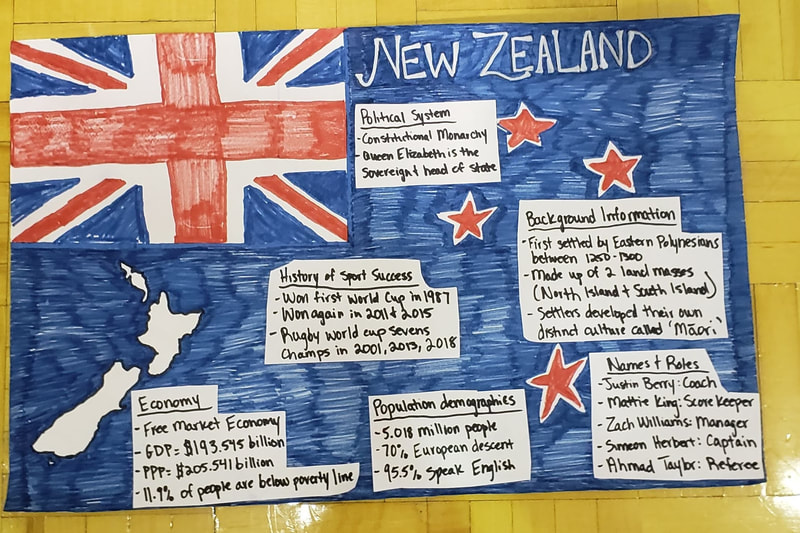
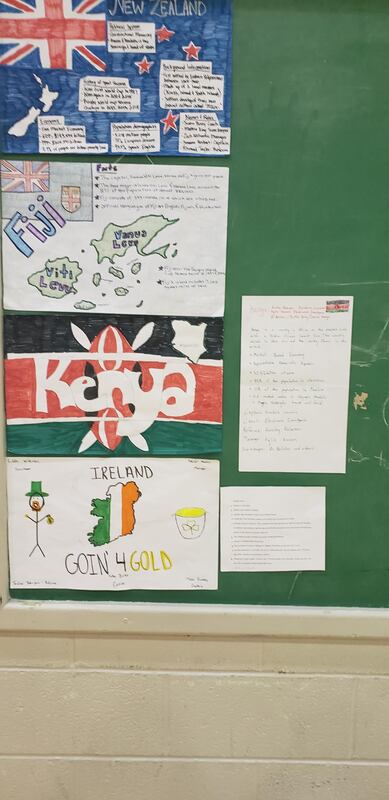
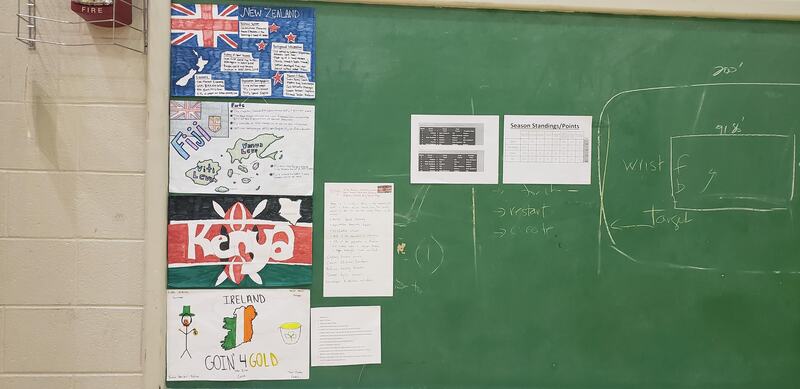
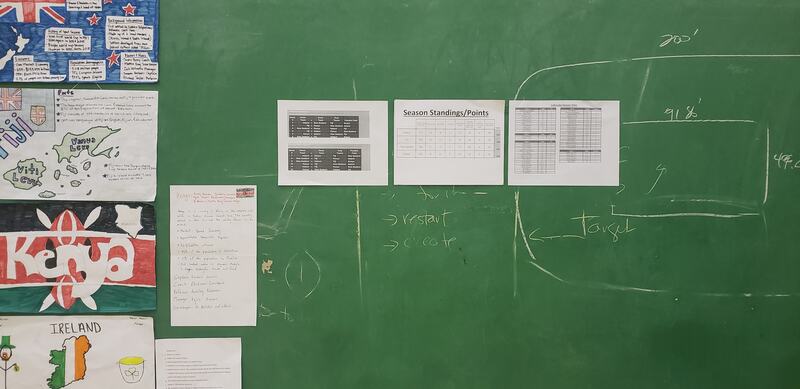
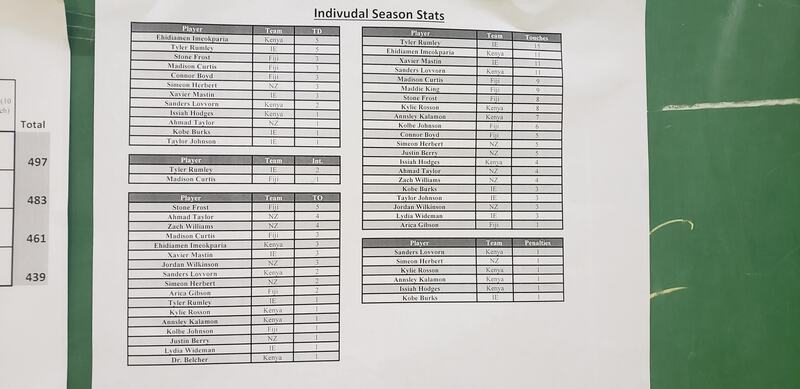
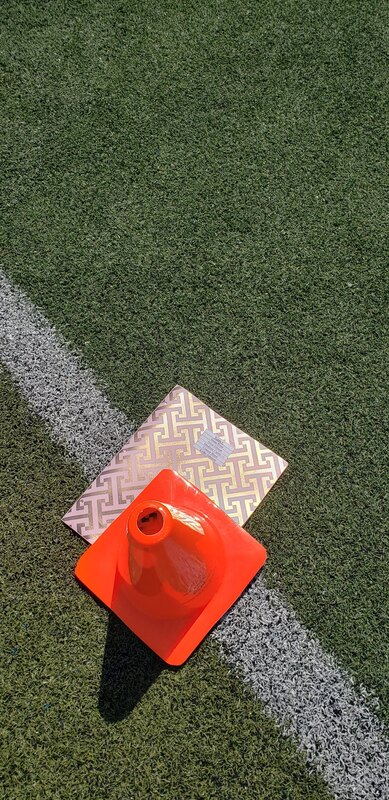
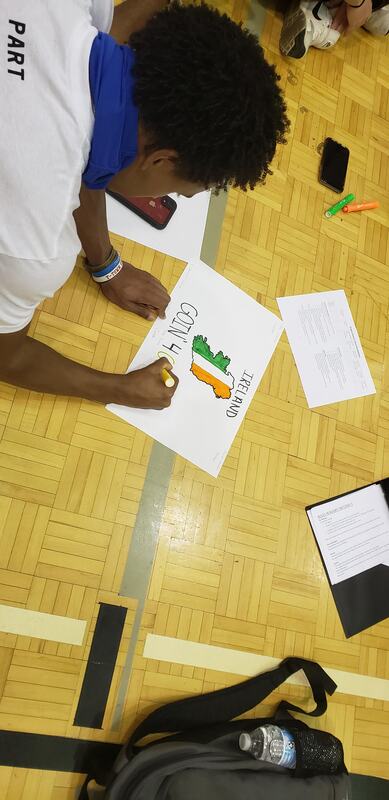
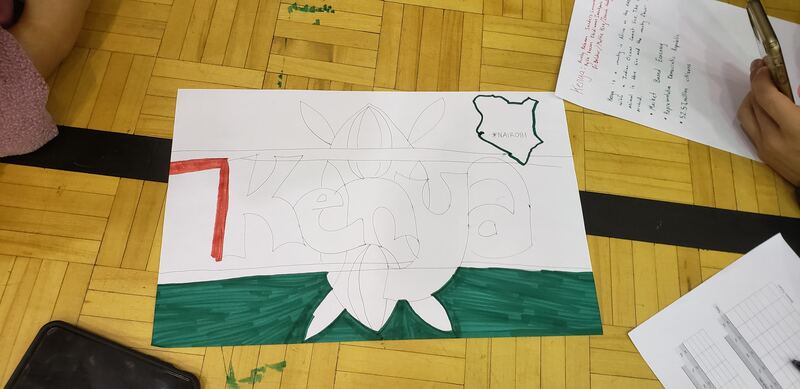
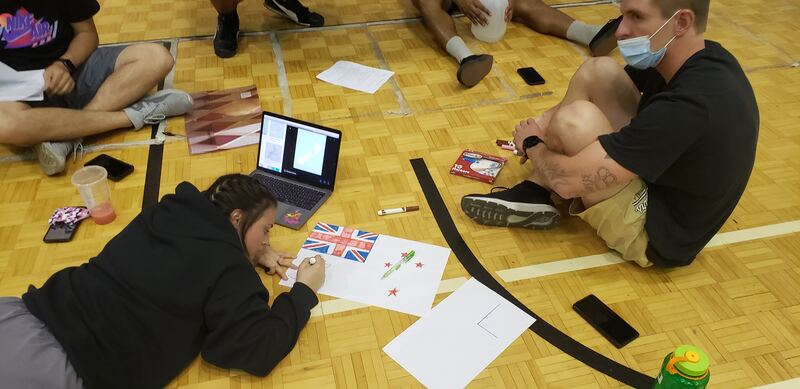
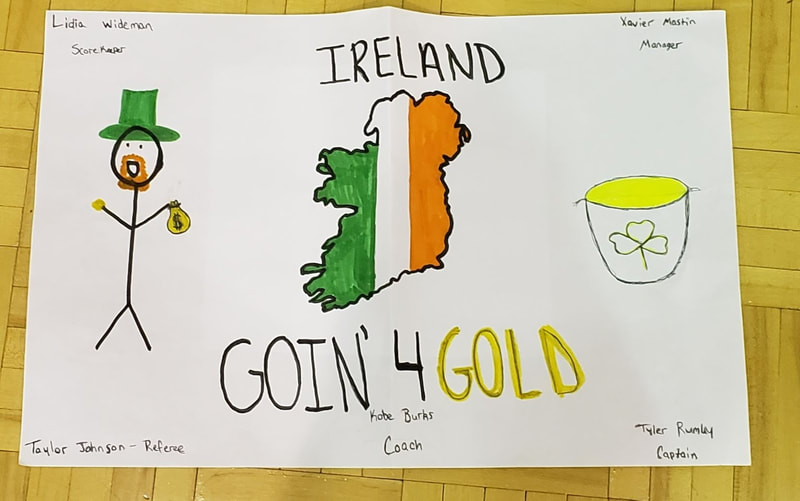
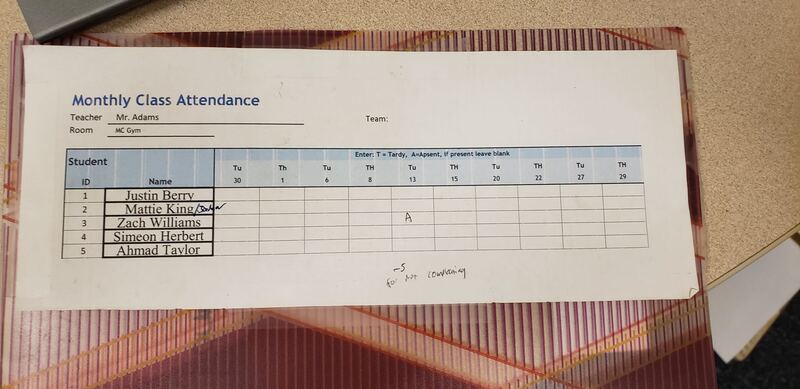
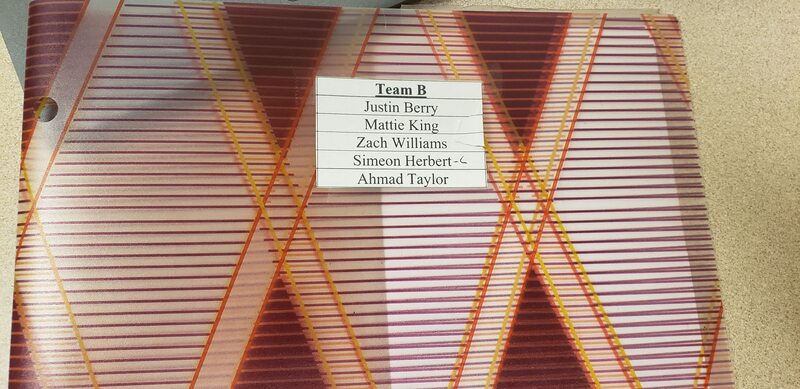
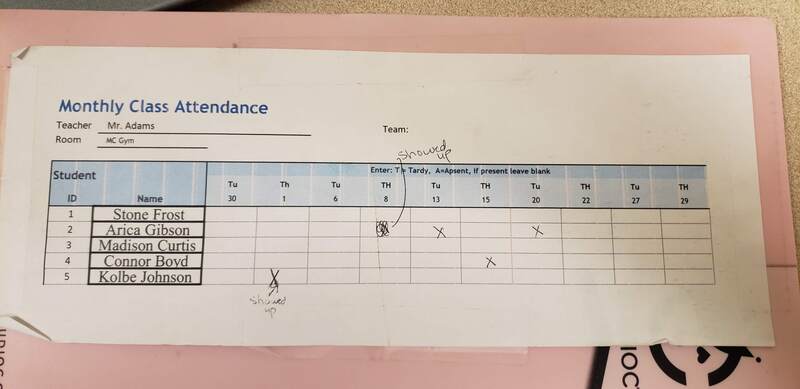
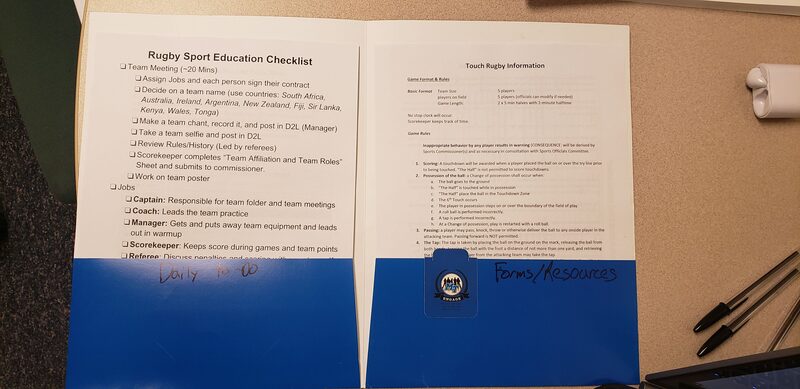
 RSS Feed
RSS Feed
